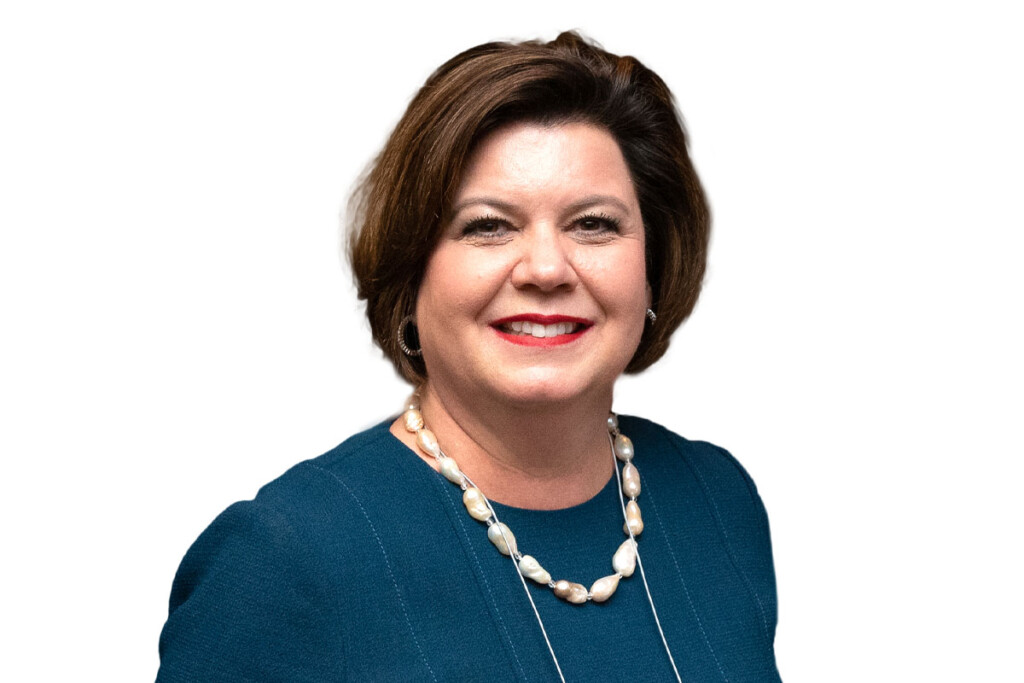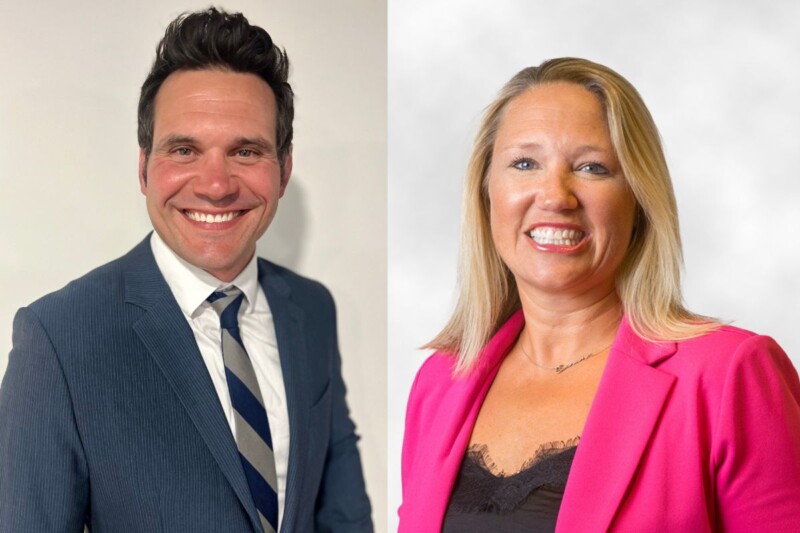
Kim Gill Rimsza always knew she’d end up in the foodservice industry, where her father, Ken Gill, also made his living.
But it was important to both her and her dad that she brought experience and dedication to the table. After gaining a foothold through roles at Hobart Corp., Groen (part of Dover Corp.) and through forming her own manufacturers’ rep firm (E-kuip Marketing), she decided the time was right.
In 1990, as her dad began to mull retirement, she joined TriMark Gill Marketing Company, which was acquired by TriMark in the summer of 2007.
Rimsza continued to grow along with TriMark, eventually stepping into an EVP role for its western region.
In February, she officially started a new chapter, retiring from her post midmonth.
FER caught up with Rimsza, who shared some perspective and wisdom from her 30-plus years in the industry.
FER: What are some of your proudest moments from your time in the industry?
KGR: One of my proudest moments—and I didn’t really even have to give any thought to that—was the opportunity to be the president of FEDA [from 2009-2011]. For me, that was just a real opportunity to be able to give back to the industry and to establish our commitment, my commitment around dealer-based distribution during those years. And I really believe that as we give back, somehow we get so much more back from giving. And the things that we take away, the lessons we learn and the people we meet are just so valuable to myself and what I’ve learned along the way and been able to give as a result of that.
What were some of the biggest professional challenges you faced?
Becoming the EVP of the West for TriMark in the sense that it was a new role; it was really a clean sheet of paper. There was no roadmap for it. I had to really step in and create the roadmap, work with the team, and really dig into the same type of businesses, but how they went to market was a little bit different. When I think about the West, we had retail stores, we have project businesses, we have distribution businesses, and we have businesses that focus on federal government market niche business.
How have you seen the foodservice industry evolve over the years?
I believe that it’s become more sophisticated. Through the time when I joined it was a lot of smaller, entrepreneurial, family-owned companies on the distribution side—second, third generation in some cases, but a lot of second generation—and also you could see that on manufacturing side as well. Over the years, we’ve seen much more rollup activity. … That consolidation has really allowed [distributors and manufacturers] to become much more sophisticated in our approach to the businesses. And I think that really resonates, too, for the customers. As we become more sophisticated in technology, more sophisticated in equipment and design layout, that allows us to better service our customers in a more meaningful way.
What is your main piece of advice for other dealers during this time of recovery?
Listen, learn and be patient. There are continuing growth opportunities, and we need to make sure we sort those out, turn over the rocks and become more introspective. … We’re all a little weary from COVID, but I honestly believe we’re so close to the new normal. I mean what’s normal, right? But there will be some different protocols that come out of this. This industry is so resilient [and] so positive, that I think that patience will help us get through it.
Looking even further ahead, what do you think the future holds for the space?
As we come out of it stronger, I think what we’re going to see are more opportunities. People have really pulled back (operators in particular), and looked at: How do we run our businesses more efficiently? How do we serve the market better? The younger generation is looking at foodservice differently, and the pandemic may have sped that up. We’ve seen more ghost kitchens and cloud kitchens come out of that. We’ve seen people getting very comfortable ordering food online through the DoorDashes and the Grubhubs and that type of thing. It really forced people to get comfortable with it. I think technology is going to be key, because people expect to be able to just pick up their phone, hit an app and have that accessibility.
*Q&A edited slightly for clarity.
RELATED CONTENT
- Advertisement -
- Advertisement -
- Advertisement -
TRENDING NOW
- Advertisement -
- Advertisement -
- Advertisement -


